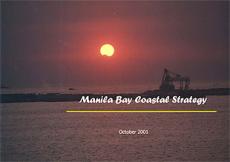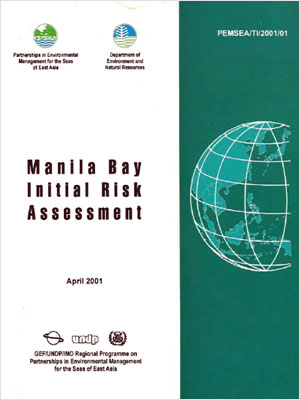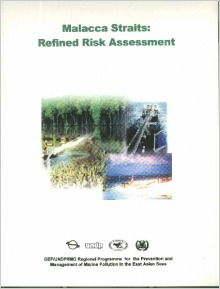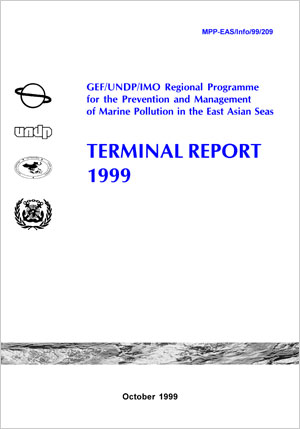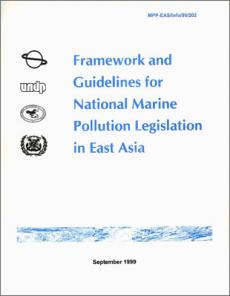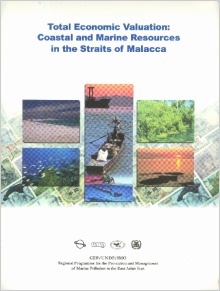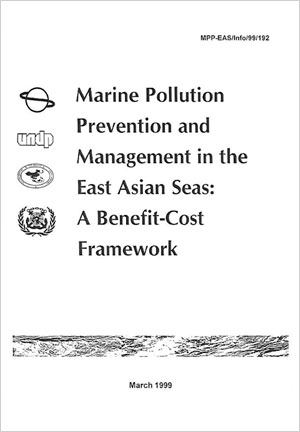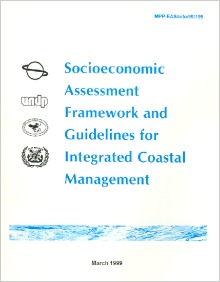
Breadcrumb
Manila Bay Coastal Strategy
The Manila Bay Coastal Strategy provides a comprehensive environmental management framework, targeted outcomes and a series of action programs involving the participation of both government and non-government sectors. This Coastal Strategy is a document that covers the social, economic and environmental aspects of Manila Bay in relation to people’s values, and threats - real or perceived - that impair those values. To turn this knowledge and concern into action, it is apparent that the combined effort of government and civil society are required. These efforts involve changing the attitude and behavior of people. This is no small task, and the Coastal Strategy takes on this challenge by tasking every level of society with the responsibility of managing the Bay. Most significantly, the Manila Bay Coastal Strategy provides a comprehensive environmental management framework, targeted outcomes and a series of actions programs involving the participation of both government and non-government sectors. The key to moving toward the shared vision is the development of partnerships among the stakeholders, and the synergy of efforts of many different players with different skills and perspectives. At the end of the day, any action program within the Coastal Strategy, whether taken up by an individual, a community or sector, represents a contribution to the realization of the shared vision for Manila Bay.
Manila Bay Initial Risk Assessment
The initial risk assessment of Manila Bay was conducted as a preliminary step to the refined risk assessment. It provides a glimpse of environmental conditions in the Bay using available secondary data. It serves as a screening mechanism to identify priority environmental concerns in the Bay, identify data gaps and uncertainties and recommend areas for immediate management intervention or for further assessment.
Malacca Straits: Refined Risk Assessment
This document focuses on two priority activities and contaminants in the Malacca Straits as identified in the publication Malacca Straits Initial Risk Assessment (1997), namely: (1) human health effects by exploring fish/seafood consumption and contamination of fish/seafood by metals, pesticides and hydrocarbons; and (2) ecological effects by exploring measured environmental concentrations for hydrocarbons and hydrocarbon composition and their impact on the ecosystem.
Sharing Lessons and Experiences in Marine Pollution Management: Terminal Report 1999
The Regional Programme for the Prevention and Management of Marine Pollution in the East Asian Seas began operations in January 1994 and completed all major activities by December 1998. This report summarizes the progress made in achieving the Programme objective, as well as the establishment of important benchmarks. The report reviews progress made on meeting objectives, strengthening foundations, consolidating outputs and lessons learned, sharing experiences, the pilot phase extension, programme expenditures, and next steps.
Framework and Guidelines for National Marine Pollution Legislation in East Asia
This document is composed of two companion papers, the Framework for National Legislation on Marine Pollution Prevention and Management for East Asian Countries and Guidelines for National Marine Pollution Legislation for East Asian Countries. The Framework provides the features and obligations of international instruments, while the Guidelines provide the structure for and approach to national legislation.
Total Economic Valuation: Coastal and Marine Resources in the Straits of Malacca
This report provides a framework for the economic valuation and initial estimates of the total economic value of coastal and marine resources in the Straits of Malacca. Often, resources are appreciated only in terms of the direct market values they provide. Because non-use values and ecosystem services are not fully quantified in markets, they are often given little weight in policy-making. The undervaluation of resources results in conflicting policies, such as conversion of resource areas to other uses, and overexploitation by people who are not well-informed of the consequent impacts. Valuation of natural resources and the environment necessitates the estimation of benefits and costs of using these natural assets.
Water Use Zoning for the Sustainable Development of Batangas Bay, Philippines
This study deals with the creation of a water use zonation scheme for Batangas Bay, an area rife with multi-layer claims and multi-use conflicts among its surrounding coastal municipalities. The proposed zonation scheme aims to address these issues and avert their possible escalation. The study includes ideas on how to improve the quality of existing land use plans with regard to the use of waterfront areas and also explores the innovative institutional arrangements for implementing the water use zonation scheme in its adherence to the principles of local autonomy and people empowerment.
Marine Pollution Prevention and Management in the East Asian Seas: A Benefit-Cost Framework
This document provides a benefit-cost framework for managing land- and sea-based pollution in the East Asian seas. Benefit-cost (and cost-effectiveness) analyses increasingly are being used to contribute to resource management decisions. In the past, benefits and costs were viewed narrowly; those occurring outside the market place tended to be overlooked. Ignoring the non-market environmental effects, however, implicitly and inappropriately assigns them the value of zero. The framework, guidelines and examples given in this document outline appropriate general concepts to account for benefits and costs, indicate steps to be taken, and how some of the concepts and methods have been or should be applied.
Socioeconomic Assessment Framework and Guidelines for Integrated Coastal Management
This publication provides a framework and guidelines for conducting socioeconomic impact assessments for integrated coastal management (ICM) programs. The framework and guidelines consist of (1) concepts and methods to contribute to a better understanding of the potential benefits and costs from ICM, and (2) indicators that might be used to help assess how well the ICM process is working. The concepts and methods described in this publication are drawn from the fields of environmental and natural resource economics and applied benefit-cost analysis and are intended to make information available that might better inform, and by that contribute to ICM efforts.
